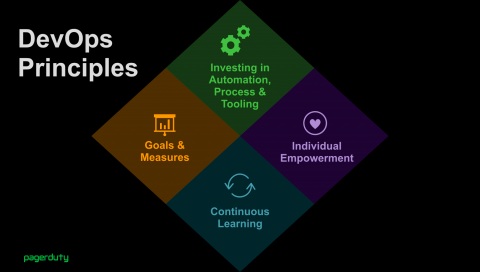Optimizing Business Response When Technical Incidents Happen
Most technical incident response plans typically account for stakeholder communications—for both internal teams and external customers. But at PagerDuty, what we’ve learned from our customers is that there’s still a painful and expensive gap in alignment between IT and business teams. To close that gap, we need to focus on what incident response means for business teams.











